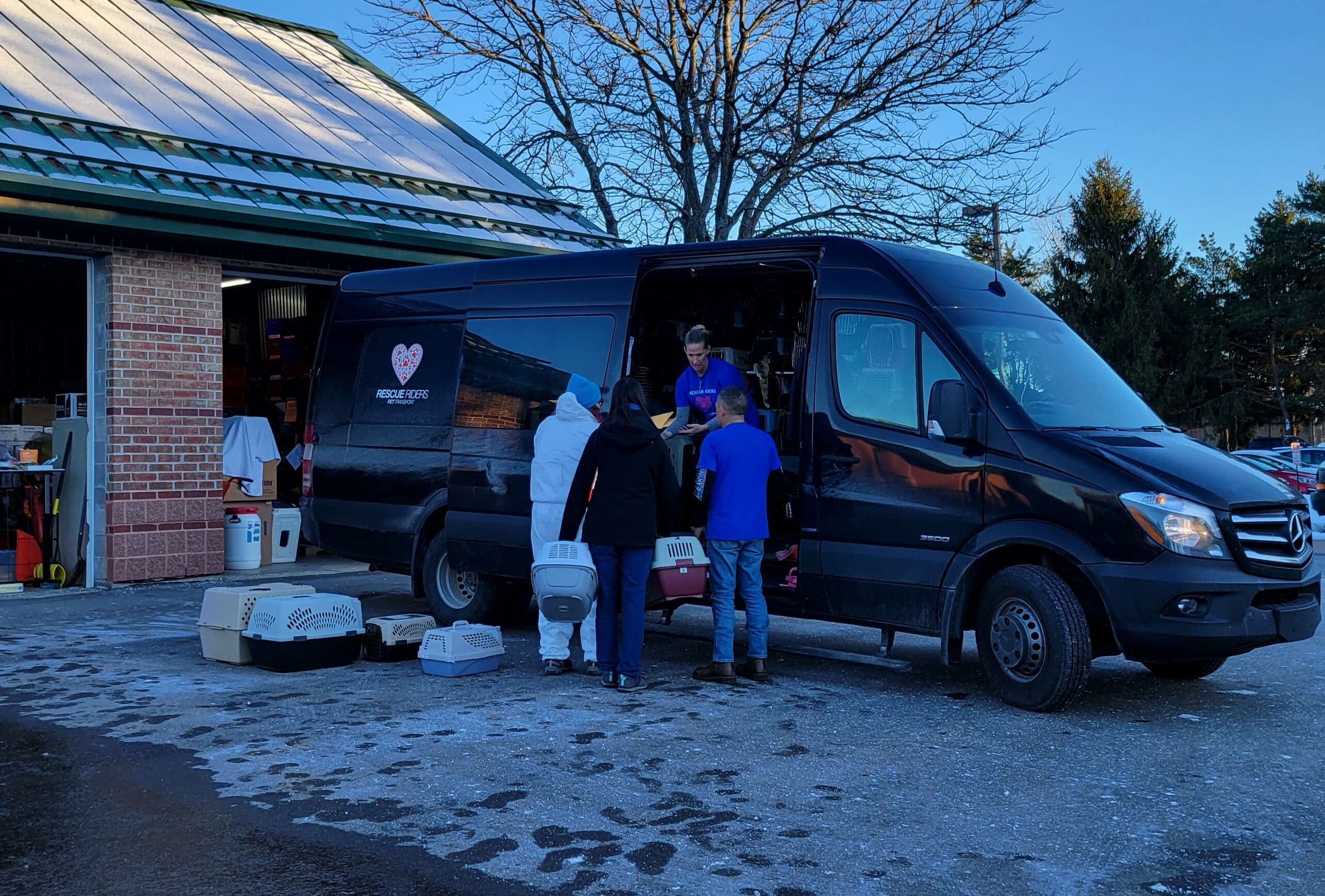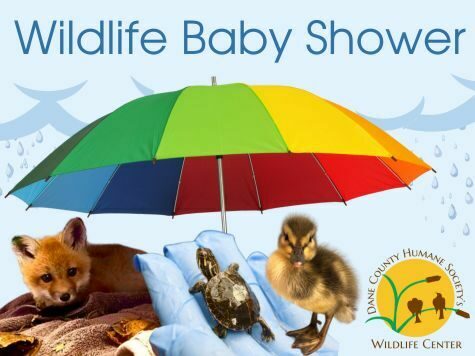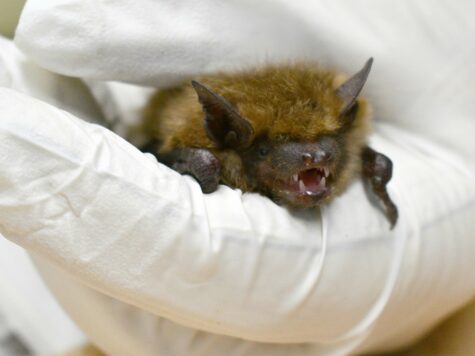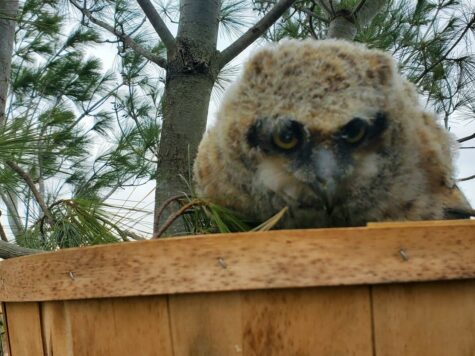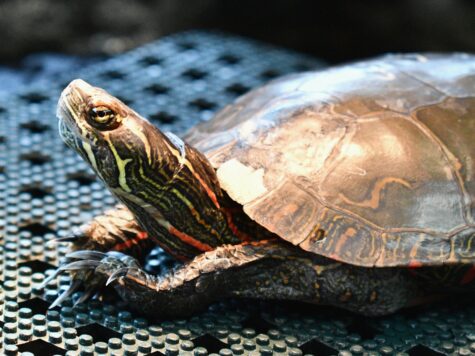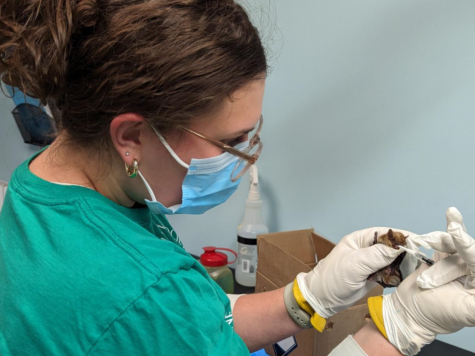Lifesaving animal transfers bringing pets to Dane County Humane Society (DCHS) aren’t new. We usually have a transfer each week, typically bringing dogs from overcrowded southern shelters through the American Society for the Prevention of Cruelty to Animals (ASPCA) or our longtime transfer partner, Greater Birmingham Humane Society in Alabama.
But in February, we added a few additional transfers with various organizations. Among them was a transport coordinated by BISSELL Pet Foundation to save hundreds of healthy dogs and cats at risk for euthanasia at several overcrowded Louisiana shelters.
Animal adoptions across the country have slowed down, leading to longer stays for homeless pets. In addition, recent data analysis by Shelter Animal Counts shows animal intake is outpacing adoptions in the worst imbalance in four years. This also affects lifesaving transports, with the number of transfers hitting the lowest amount in four years.
“Transport is a lifeline for homeless pets as shelters throughout the nation struggle with overcrowding, lack of veterinary services, and staffing issues,” says Cathy Bissell of BISSELL Pet Foundation. “BISSELL Pet Foundation is incredibly grateful Dane County Humane Society could open their doors to give these wonderful Louisiana pets a second chance.”
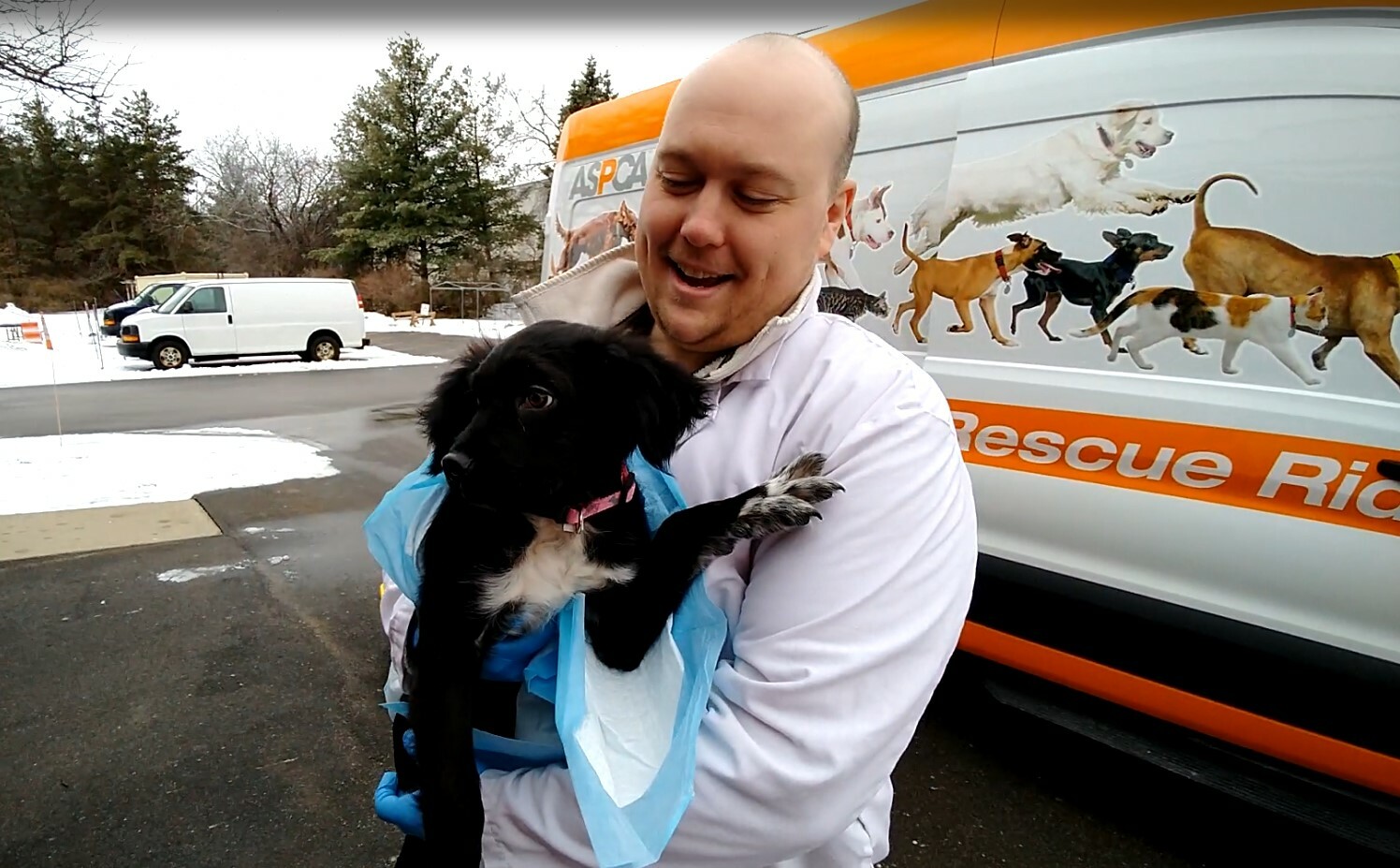
BISSELL Pet Foundation transported a total of 320 dogs and cats from several overcrowded Louisiana shelters and rescues in just one week, and 71 of these were brought to Dane County on February 10th. These animals came from St. Landry’s Parish Animal Control in Opelousas, Atchafalaya River Rescue in Simmesport, Ouachita Parish Animal Shelter in West Monroe, City of Crowley Animal Control in Crowley, and Companion Animal Alliance in Baton Rouge, La.
The dogs and cats were brought to DCHS, Angel’s Wish in Verona, Fox Valley Humane Association in Appleton, and Eau Claire County Humane Association in Eau Claire so they can find new homes.
The BISSELL transport came one day after DCHS received 15 dogs from Greater Birmingham. Days later, we had another transfer arrive with nearly 20 dogs from shelters in Palestine, Texas, and Ardmore, Oklahoma, thanks to a transport by Operation Kindness, and a handful of cats from a shelter in Rockford, Illinois. We then received a transfer of 22 dogs – of which 21 were puppies – from a Mississippi shelter on February 23rd.
The best news is these dogs and cats have been finding new beginnings with new families since arriving at DCHS.
